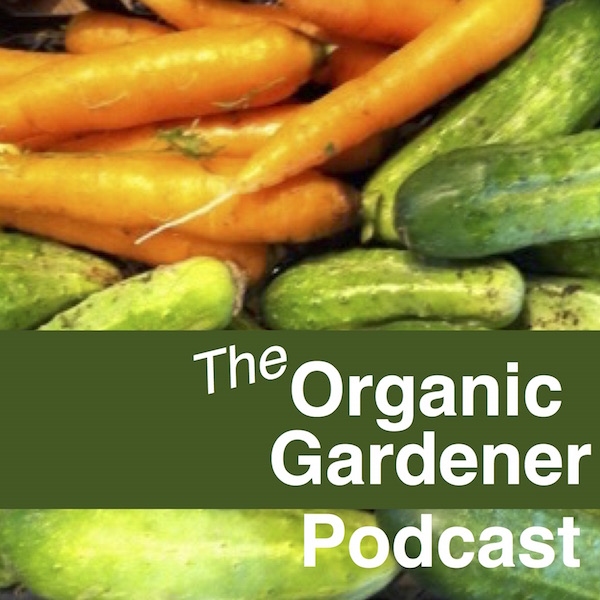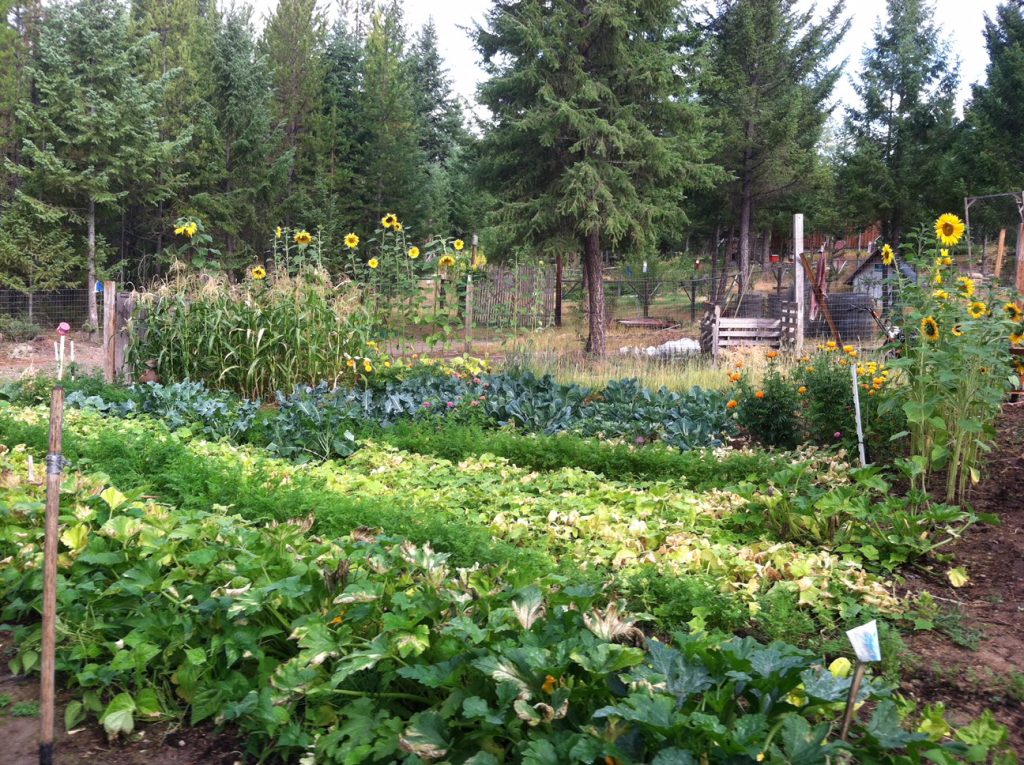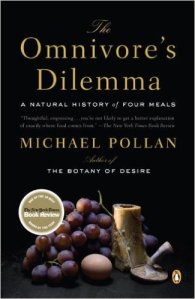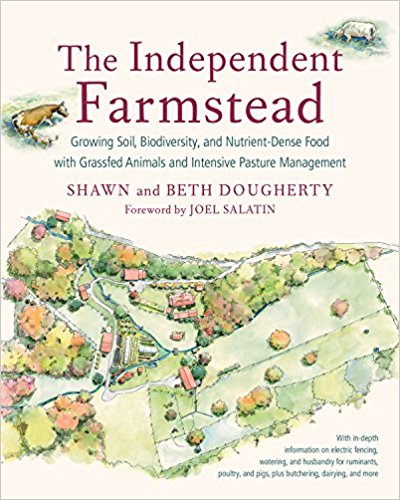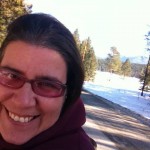From brown thumb to green thumb! | Listen to my Organic Gardener Podcast journey on the High Energy Girl Show!
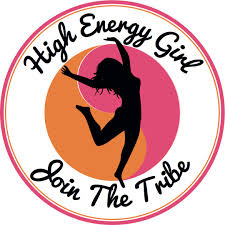
Here’s my interview on the High Energy Girl Podcast! where I talk about earth friendly practices, growing organic nutrient dense food, and living sustainably.
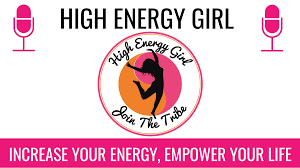 Tracee: Hi Jackie! So excited to talk with you today!
Tracee: Hi Jackie! So excited to talk with you today!
Thanks for having me Tracee!!!!
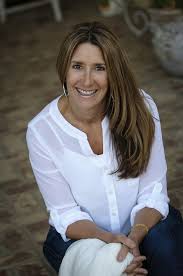
Well I think we have a lot in common I can’t wait for listeners to hear from you! Why don’t you tell them a little bit about yourself!

My name is Jackie Marie Beyer and my husband Mike and I have a property in NW Montana and he’s a gardener so I started a podcast called the Organic Gardener Podcast, we’re just about to celebrate 4 years our anniversary we launched on January 29, 2015 I just posted episode 254?
Organic Gardener Podcast
I think, with interviews I’ve done with market farmers, backyard gardeners, sustainable agriculture experts, nutritionists and all sorts of people about the conversation all about growing healthy nutrient dense food.
My husband and I are just dedicated to helping people create their own organic oasis. Whether you want to grow, or are just interested in landscaping.
Organic Lawn Care
I have gotten so many questions this summer especially on how to grow an organic yard! You know people really interested in just being more…
One of the things I’ve learned from my podcast is your yard is one of the biggest places you don’t want chemicals! Cause where do
- babies learn to crawl
- toddlers and kids run around
- dogs run around

So I’ve gotten a ton of questions about that this summer, and then he has what I call the
Minifarm
that he planted, so our goal is to grow as much produce as we can possibly grow for us for our family and if we can eventually get to be market farmers down the line, IDK or we’re not there yet, we have limited water resources. We just keep learning.
IDK if I said in the pre-chat, but we’ve been married 25 years so we’ve been slowly building. We started out the first 6 years I was here we didn’t have running water and just we would have like 2 little tiny beds, I’ve just really we’ve come a long way and we are dedicated to helping people create their own organic oasis.
Whether it’s small just growing a tomato plant or some herbs for your food, or growing a bigger place and maybe even starting to sell for market.
Where are you located?
We’re in the Northwest corner of Montana in the Rocky Mountains. We’re about 7 miles south of the Canadian border in Montana. We have a pretty short growing season so we’ve learned a lot of techniques to extend our season, but one of the benefits I’ve learned after talking to my guests it’s actually a lot easier for us to grow then in the south because because they have a lot more bug and pest problems.
Benefits to growing your own healthy food
So everybody has their challenges, the north east had a lot of rain problems the last few years, and just as our climate is changing gardening is really changing. The benefits to growing your own healthy food that
- has more nutrients in it
- you are eating fresh
- grown locally
are just gigantic!
From brown thumb to green thumb!
I used to say I had brown thumb and I could barely keep a basil plant or a geranium alive and I have learned to grow a ton! I think that is part of what makes my show a success! Is my guests are amazing and it just really produces! I was telling you I am not known for my sand but the quality of the content that is shared we have all learned so much from!
We’d love if you’d join Organic Gardener Podcast Facebook Community!
Garden Friends and Connections
And the friends that I have made! Even people that live a mile from me and then people from the other side of the world, in my Facebook group we have people from Kenya and Australia! And lots of different places, I’ve met so many local people.
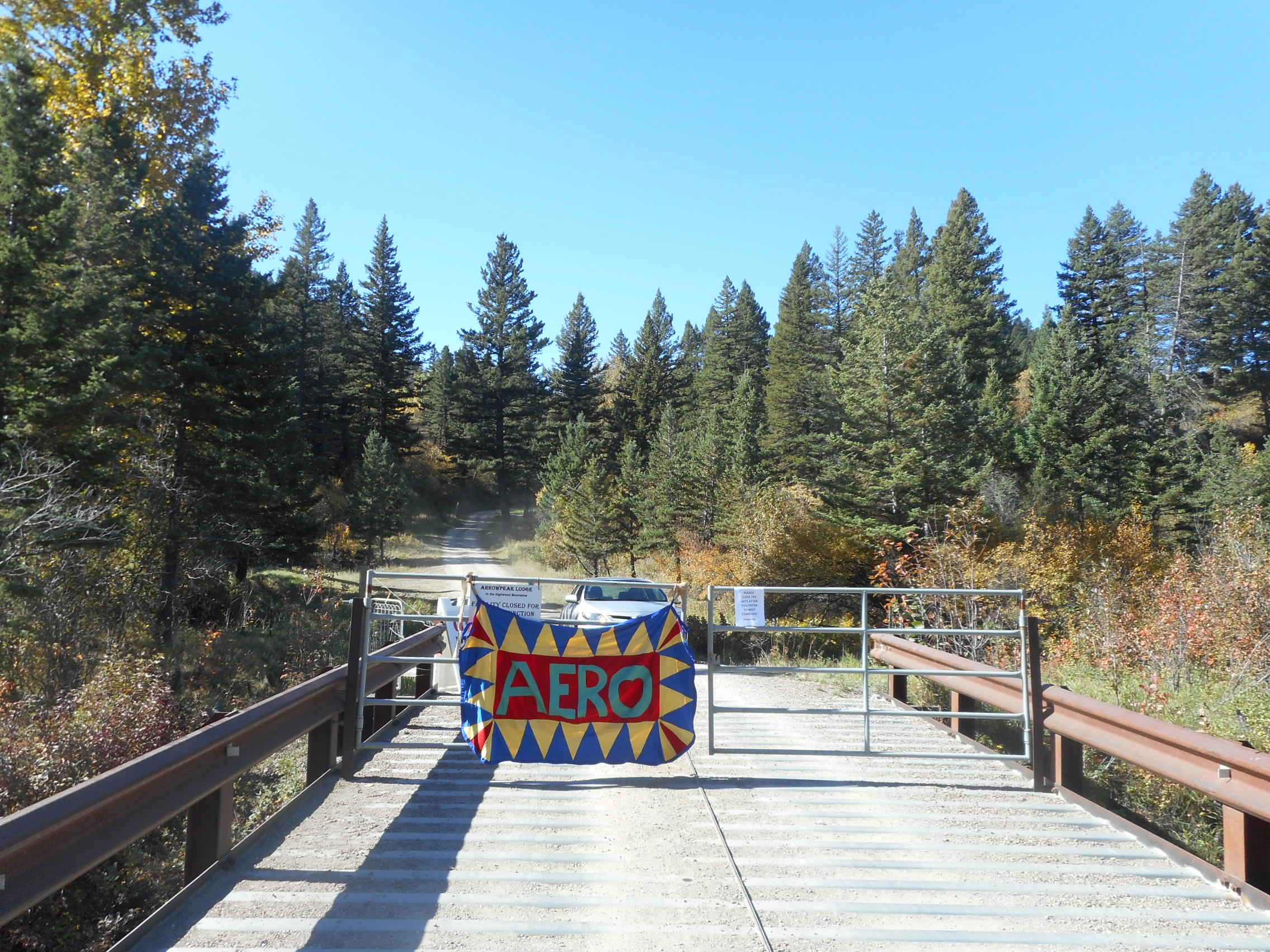
That’s one of the things I love about podcasting you meet so many people that are like minded! We have this thing here called a seed fair and seed swap and there are so many seeds given out and classes taught and I’ve made so many friends there that I’ll eventually we’ll go hiking together or work in different gardens or go to the movies together or one friend and I went to an agriculture workshop and she drove me through Glacier National Park!
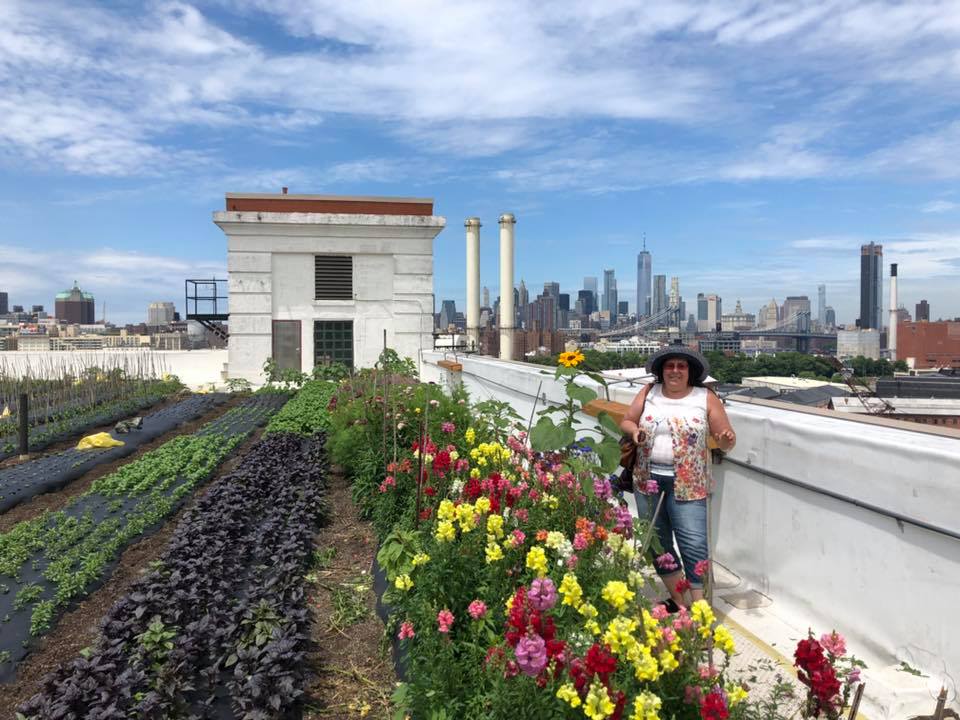
Last year I grew up in NY, so when I went to visit my mom I met many of my guests in person. It was so cool, I talked to 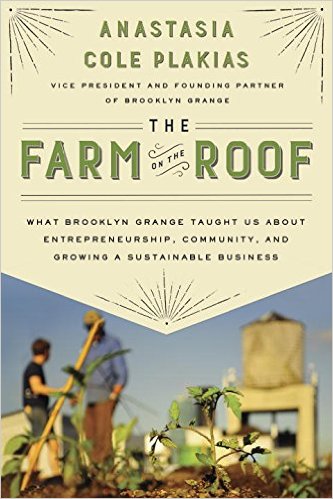 ANASTASIA COLE PLAKIAS author of The Farm on the Roof: What Brooklyn Grange Taught Us about Entrepreneurship, Community, and Growing a Sustainable Business!
ANASTASIA COLE PLAKIAS author of The Farm on the Roof: What Brooklyn Grange Taught Us about Entrepreneurship, Community, and Growing a Sustainable Business!
Anna Peach from episode 105 said she learned a lot of her techniques volunteering at the Brooklyn Grange.

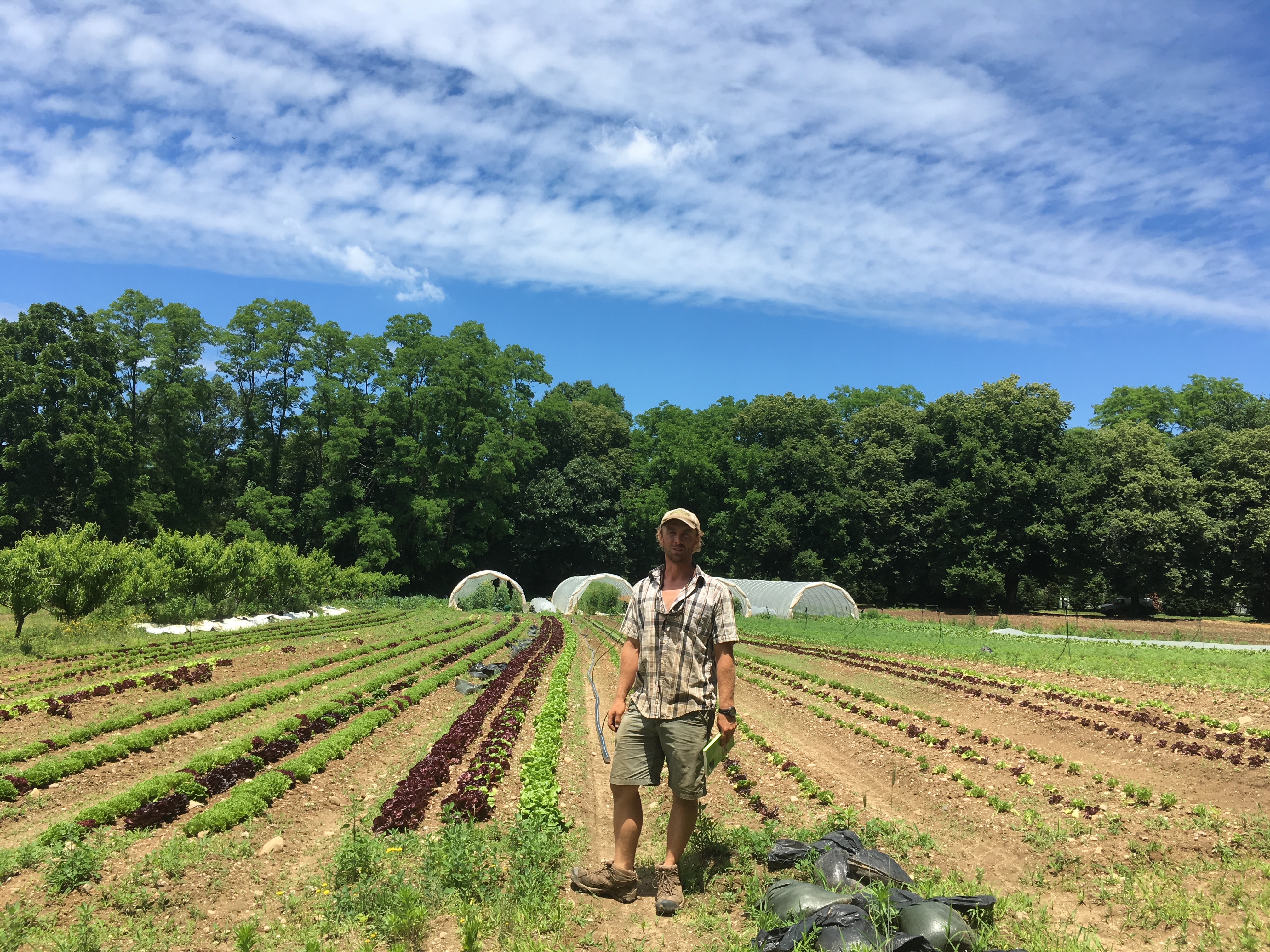
Aiden Finney at Young’s Farm on Long Island

So, what brought you to gardening? Did you have a health issue at one point?
It’s kind of funny, a lot of my guests agree with this and my mom is always like how did you end up with a gardening podcast?
Because I am not really a big gardener, like I said my husband does most of the garden work but I love vegetables! I’ve always eating a ton of vegetables, I’m really big on eating super health food!
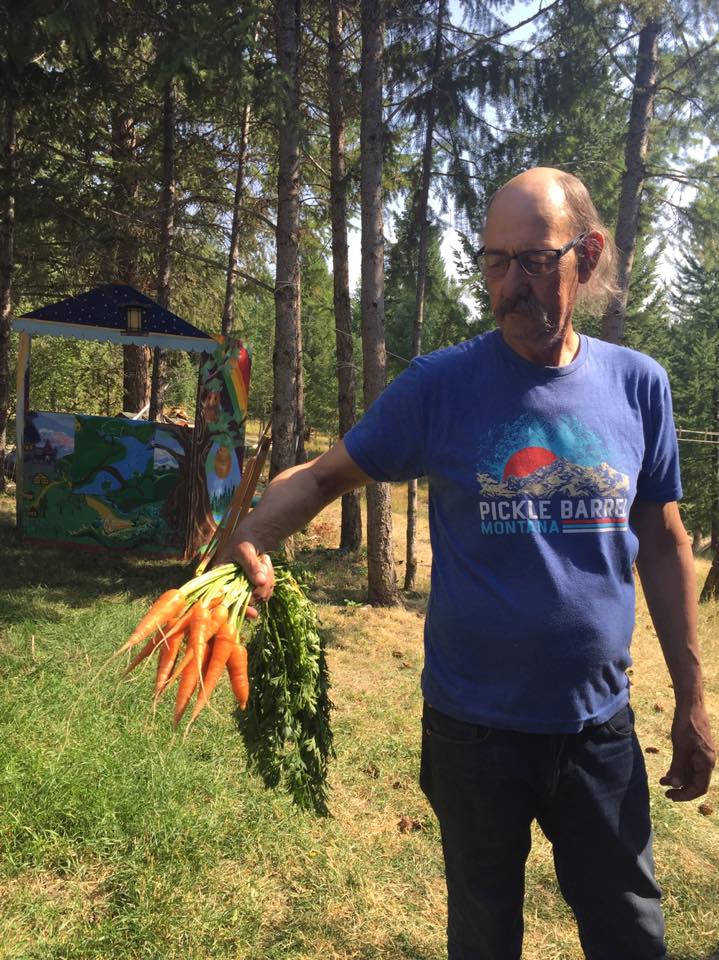
Then my husband’s always been a gardener, his mom had big gardens and my mom had big gardens and she was always an educator and passionate about teaching people about organic gardening. She tried to get me to garden. But people laugh a lot, but I don’t like to do what I call
Dirty gardening jobs
as I call them. But like you, I almost always have a full time job, and unless I’m going down to the garden on garden days, because one thing I do like to do is dig new beds.


Garden Barriers
IDK why, maybe because my trade by college is I am an elementary school teacher, and also like weeding just reminds me of cleaning the blackboard. So I do like to do that job, but that’s like the day I have my garden shoes on, have my garden jeans on, I don’t care about getting dirty, but when I come home from school I am not necessarily wanting to get all dirty and start picking tomatoes or weeding.

One of my biggest barriers is having the right garden shoes
Which my listeners are not like that they are more likely to be like, I’m gonna run down there and be barefoot and be out there all day! My husband and I are just passionate environmentalists, we’re really passionate about eating healthy food and growing locally and he is an amazing gardener! The things that he can do.
It’s kind of interesting since I started my podcast I pay more attention to what he does and we share the things we have learned from the other gardeners. IDK my passion really comes from loving to eat healthy food and the environmentalist in me, caring about our planet! If you are gonna have a garden hoping you’re gonna go the organic way and trying to teach people there are lots of options besides the first time you see a bug growing and grabbing a bottle of pesticides.
Creating a whole environment like I said in the beginning, like my brother is in NY and he has been one of my most downloaded episodes because him and his wife don’t grow any vegetables they just are both busy and they have kids and both work so the big things he talked about was composting in the summer and then growing herbs and fruit trees and their lawn really.


They don’t grow, like my husband grows 100s of pounds of potatoes and cans 100s of jars of green beans and as much food as he can. We’re totally on opposite sides of the spectrum. So different things you can do if you have landscapers giving them options so they are not spraying your yard.
Tracee: So my husband is a landscape Contractor and he has a division called Green Streak Organic where he does an organic ground management for his clients so they can spray herbicide and fertilizer and all of that but it’s healthy. He does this combination that kills pests but it fertilizes at the same time and it’s all organic.
I’d love to talk to him sometime.
Farmscaping
Tracee: We should come on together because I look at it from the health perspective he just looks at it from the business side. But one thing I would like him to do instead of landscaping call it farmscaping.
Oh yeah!
Tracee: Like instead of planting things that are just gonna sit there and suck up water, what if you plant things that are actually gonna feed your family.


Sure! Or a big one is bringing in the pollinators.
There are so many beautiful herbs and perennials you can plant that if you are busy, or especially a lot of my listeners are in California where they have access to farmer’s markets or fresh produce is growing food for the pollinators!

Food for bees and pollinators, flowers for them or having a fruit tree there.
One of the things I’ve been amazed with is, so we dug a 560 foot well here I think in 2013, so just 5 years ago, so we were able to put in an orchard and how much food we get from the fruit trees!
Our cherries are sour cherries, but it feeds the birds and the bees in the spring! The butterflies that it brings in are incredible! It’s just worth it to have those trees! Cause that might be something else to think about, your husband might want to talk about with his clients is having those native plants for the beneficial insects.
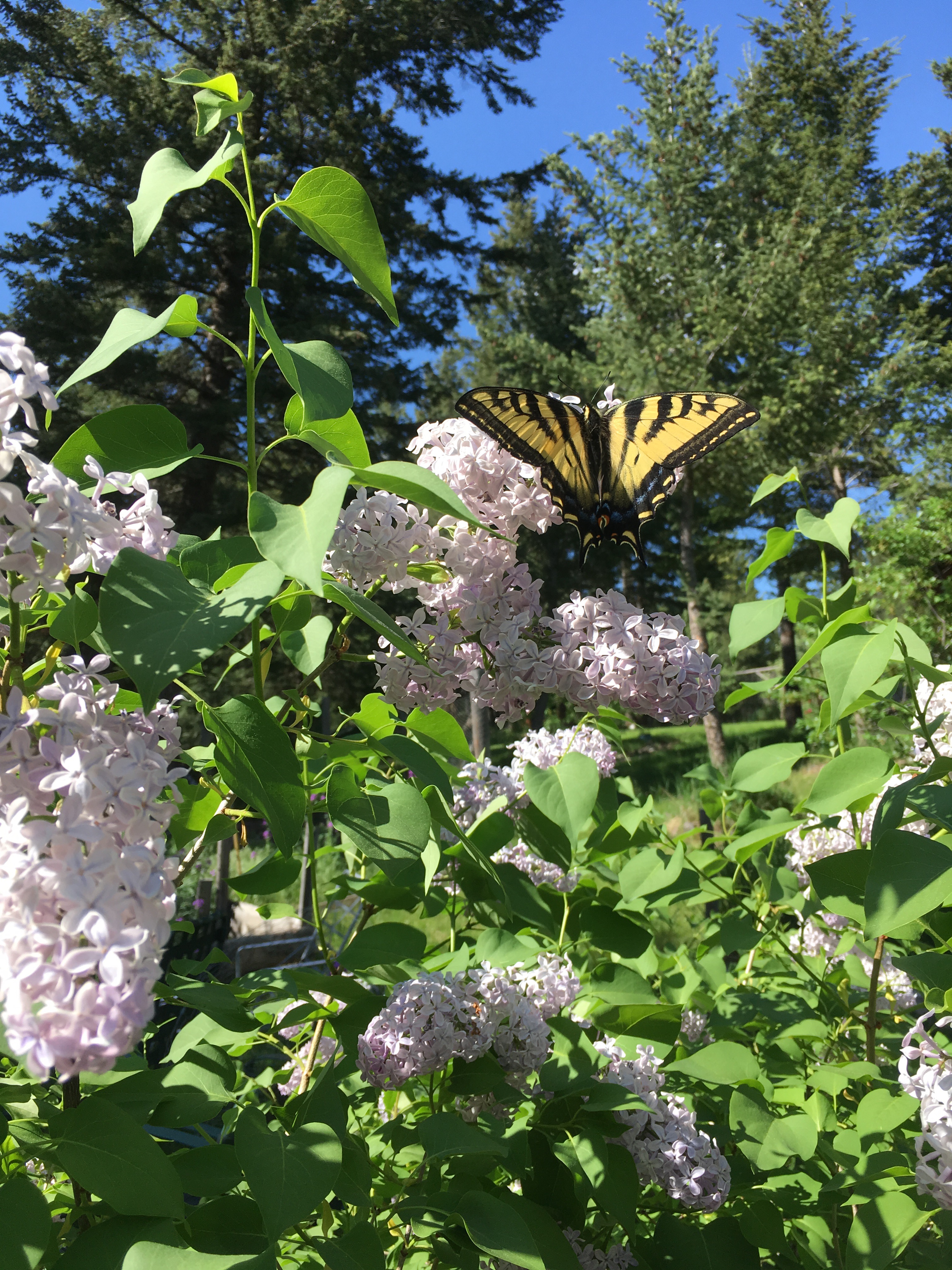
Native Plant Landscaping
A lot of my guests have talked about, this one guest that I had lives in this town with 100,000 people and they have a beautiful yard people are constantly stopping by to admire it! But they never water their yard, the only water they use for irrigation is for a small vegetable bed, because they have access to healthy food and a good farmer’s market in their community they grow a lot of specialty foods like hot peppers but that take little water. They have this beautiful native landscaping that doesn’t require any watering! I think they save some rain water because they are using native plants in a fairly dry climate.
Native Plant Societies
Most places will have a Native Plant Society like Native Plants in Arizona or New York. You can access to native seeds or plants or transplants!
Tracee: So if you were to offer someone advice on how to get started with gardening, what do you like teach people on how to at least make step one.
So, I always tell people
Start Small in Your Garden
and think about what do you like to eat. Don’t just grow something because those plants are in the store or the nursery when you are going to plant something.
Think about what is it you like to eat?
You know a basil plant in your windowsill is one of the easiest thing to keep alive. If you like to put herbs or spices in your food that’s a great place to start. I also say I think my mom would grow more vegetables, it would be easier for people if they have a deep bed they can sit on the edge when they plant, harvest, weed! It makes all the difference in the world!



It’s so much more convenient! It’s gonna make it less work! To do all those things, you don’t need a big edge, I like to have one bed that’s hip high and a longer bed that’s not that high. For me
Convenience is key
Sitting on the edge of a bed makes it convenient! And then grow something you like to eat!

Tracee: We have 80 fruit trees!
Oh my goodness!
Tracee: I know it’s crazy! But we planted the ones we like to eat! But what you said earlier about the birds get the cherries! It’s so true! We never get the berries, the birds just when they’re perfect!
I don’t mind feeding the birds they’re good for the yard! The trees provide blooms in the spring for the beneficials and shade in the summer! And the apple trees and others are just so prolific! Last year we got so many apples my husband made applesauce that was delicious! We use a lot because he bakes a lot of cookies and muffins and it makes them softer.
Tracee: IDK if we even picked apples this year. We have just both been so busy with work we haven’t been able to tend to our garden. We’ve been working like constantly!
So what vegetables are you planting? Is it snowy there?
Yeah! But believe it or not, I can still pick kale through the frozen snow right now. (December 1, 2018). Our ground is froze, I don’t want to say it’s thawing, usually we would have snow, and it probably won’t last long.
Do you ever grow indoors? When it’s cold outside?
No I just keep my basil plant going in my kitchen window. Is the only thing I have growing.
We did grow. The most downloaded page on my website is the top ten vegetables in Montana.
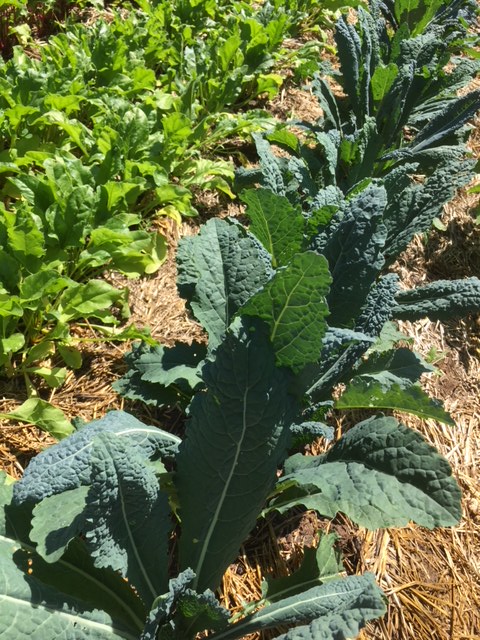
Lacinto “Dinosaur” Kale


That would be pertinent for people in a cold area.
Two of the things I talked about this year is if I was going to rewrite that blog post is that I think I would replace spinach with kale. Spinach was one of them but this year I grew kale and spinach just always bolts in the summer so easily, I loved the kale I got this summer. In Montana, spinach comes up good in the spring and it’s like the first thing to bolt in June
10 Most Productive Crops To Grow In a Cold Weather climate
- carrots
- beets – and golden beets are like candy when you cook them
- potatoes
- green beans
- sweet peas – like sugar snap peas
- broccoli
- radishes
- lettuce
- spinach – kale (lacinto dinosaur) the nutritional value is so much greater then spinach. I did see a pic of Mike’s spinach that looked really good the other da!
- cucumbers
It’s best to read the post for some commentary.
I live in California so I can grow anything here year round, there’s no snow here, although we do get a frost. My son lives in NY and he’s used to living on a little farm. And he’s used to having good quality vegetables and he doesn’t get that there and that would be good advice for listeners.
So if a person, do you have any advice if they are buying at the market?
That’s a big part of why we came up with our show is to help people, because food is expensive. I have had chefs come on and talk about the food you get at the farmer’s market and how to cook it. But there are foods, vegetables that are grown in the ground that are going to absorb more of the chemicals that’s getting soaked into the soil.
Dirty Dozen
There’s that list of a dirty dozen, important foods, that if you have a choice to get organic you want to get like potatoes is one, strawberries is another, grapes. That the pesticides are really high. So if you can grow those kind of things or get at the farmer’s market that you know is growing organically.
Who’s Your Farmer?
One thing I am always surprised I always think that at the farmer’s market they are going to be organic, and that’s not always the case. I mean I don’t think they have to be certified organic a lot of times people following natural practices are actually doing more sustainable agriculture and have higher standards then some of the organic certification out there. So it’s good to connect with the farmer and talk to them.
That’s one of the big things on my show that’s gets talked about is talking to your neighbors, talk to other gardeners, talk to people, some people have found they have made mistakes and not talking to relatives, and ordering something online only to find out it’s not the best for their zone.
Finding out that grass wasn’t the best for their climate, or that vegetable wasn’t easy to grow, or I’ve had a lot of nursery people come on and say don’t try to grow something that doesn’t grow there.
For example, if you move from Oregon to Arizona and your favorite bush was a rhododendron but they don’t grow there don’t try to force it grow something native. IDK if that’s correct it’s just an example, I know they grow where my mom lives, and they don’t grow here in Montana. You might could if you did a ton of work, but talking to people and finding out for sure where your food comes from and what practices they are using.
Weed-Free Hay – Mulch
Another thing people talk about on my show is getting mulch straw or soil building amendments if you get some kind of compost or manure you want to make sure it’s NOT from animals that have been eating “weed-free” hay. That means that hay that has had chemicals sprayed on it or comes from genetically modified seeds. And that can ruin your garden.
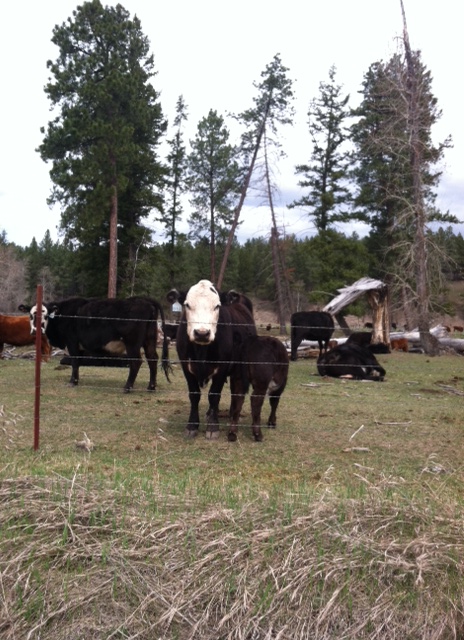
So I’ve had several people talk about making sure you get weed free hay, one of my neighbors here who works in a nursery and then also I talked with Jacqueline Freeman who is a treatment free bee farmer in Washington and I’ve talked to numerous people who say that is super important where you are getting your manure from.
I’ll have to talk to my husband about that.
It’s taken me a long time to wrap my head around it, cause you usually thing “free” is a good thing like, chemical free, or treatment free, but in this case it’s the opposite!
One thing that interests me a lot is sustainable farming. IDK if you’ve read Michael Pollan’s book the
Omnivores Dilemna Michael Pollan it’s excellent!
Essentially what they said is that all the problems in agriculture happened when they separated the livestock from the farm. So when everything used to be, the livestock would feed on the leftovers from the vegetables and then they would fertilize the garden and it was just like this sustainable farm. Then when they separated it that’s when alot of problems happened.
What is your experience with that?
Actually one of my most downloaded episodes is a couple the Dougherty’s that wrote the book
and also Jay and Mandy Gerth own Lower Valley Farm in Kalispell, and they are both living examples of people who have done that. It’s part permaculutre and living with the land. There’s a whole method of moving the animals between paddocks where the animals go and eat, and it helps for them to just disturb the earth. Back in the days of the Native Americans and the buffalo that roamed the state. Exactly as he is saying, where the animal drops their manure goes into their dirt, where they are eating, chewing.
This whole circle of life thing, a lot of smaller successful farms are doing just that and incorporating the whole animal husbandry piece into the ecosystem and environment.
There’s definitely a lot to be said for that.
I go back and forth a lot between the vegan thing, because living here in Montana I think it’s probably better for me to eat cheese and dairy from a local cow that lives a nice life then necessarily eating almond or cashew milk imported from California. That dairy would be natural, but we don’t have a cow here, we just have chickens, we had sheep for a short time but a predator got them. So we’re trying.
That was exactly part of why we got the sheep. He wants the sheep to build pasture out of some of our forestland, he wants the manure for the garden. We thought sheep because I thought the wool would be cool, maybe I could get into felting because I am very artistic.
He grew up with cows, he had a 1200 acre ranch as a kid. So they always had cows. So there’s that whole piece with that living with the land reducing your carbon footprint. I think it really depends on where you are.
If you live somewhere. It’s just more about living local. If you live closer to cashew and almonds that might be a better option. I’m not really sure what the answer is.
That was funny. I would actually have to say in my opinion, everyone is entitled to their own opinion. Local is very important, they always say be seasonal, as an integrative health coach, local and seasonal is the best for us.
I also believe we’re bio individuals, so everyone is different.
Like I can’t do dairy, but I’m also not a vegan even though I live on a farm because I love my meat and my protein. Some people would get sick if they eat the way I eat, but we would get sick if we didn’t eat what’s best for our own bodies. Right?
Sure! I was gonna say, one compromise my husband always have is fish, because I always feel like the salmon spawn in the fall, and they turn red and are just laying right there on the sides of the river so it seems a waste not to harvest them.
Another thing I was gonna say is my husband pickles beets and I can’t hardly stand the taste of tomatoes at the store and so I put those on my salad in the middle of winter and get a boost of anti-oxidants and I never put tomatoes on salad in the winter.
Pickled beets are great! They are so detoxifying for you! We love beets with goat cheese!
Mike started growing golden beets a few years ago and they are so good!
That sounds amazing! Yes we love beet salad with goat cheese and walnuts and a little bit of garlic!
You know what’s funny my mom get’s this goat cheese from Bozeman in her little grocery store in NY.
The whole thing of fresh food, once you get used to fresh chicken eggs, the whole flavor of food grown at home and if you put that effort into it you will find it tastes better a tomato or a fresh radish!
Yeah I agree! The big one is tomatoes!
Buying store bought tomatoes compared to fresh ones is you just taste the difference!
A lot of the reason is because those farms are not breeding tomatoes for taste they’re breeding them for freshness on the shelf and storage and how long an they last in a truck and sit on the shelves on the store.
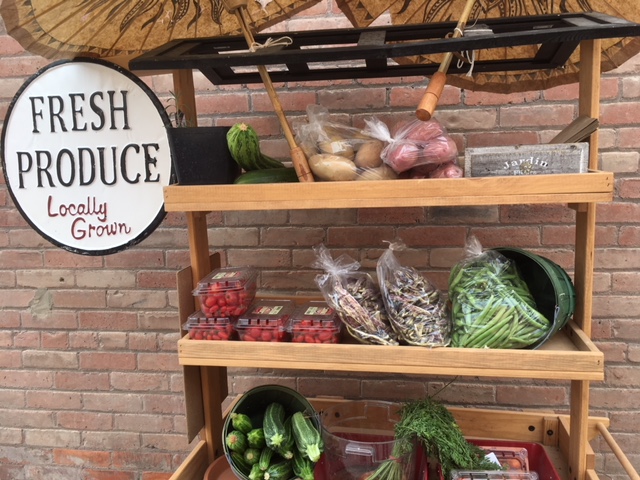
When I think about the produce for sale and what I pick for the market, I’ll eat just about anything doesn’t matter how many holes it has. I love to just go out there and pick swiss chard and kale and lettuce.
The Farmacy
This summer this new market in town said she would take all the organic food we could bring in so I started thinking about how much of what I grow is ready for market and not what I would want to put on display maybe.
The learning curve going from backyard gardener to market farmer is huge! Now we’ve learned a lot about growing more produce so next year we are going to have to think more along the lines of quality and what it looks like as well as taste. That’s why that taste is so different because they are breeding it to travel.
That’s what happens!
They grow it, and pick it green and put it on a truck and they gas it so it matures!. That’s part of why it’s so devoid of nutrition because if when they grow it to it’s natural ripeness and pick it and eat it. Even animals don’t eat the green stuff that they pick. If it’s a green plant. My dog will wait until my tomato is ripe and he’ll go eat it.
The nutrient quality is just not existent. People say, I eat healthy, and they don’t realize they are not getting what they need from their food.
It’s all about the soil!
Yeah! And people also don’t realize that I was talking about the nutrient density of the food, and two different people can eat the same lettuce and they are going to digest it differently based on their gut biome. But it’s a huge difference in the quality of the food! A lot of people ask me why am I starting my course out talking about composting, but the number one thing everyone has said on my show is it all comes down to your soil.
There’s 3 ways to build up your soil
- compost
- manure from chickens and cows
- grow green cover crops
I feel like the thing we struggle with the most is soil because we are always expanding and we’re always looking for sources of manure and soil. Last year I learned about growing cover crops I grew buckwheat that’ a great way to build our soil and it made beautiful flowers for the bees. That’s another great thing about growing a natural landscape is it will improve your soil. Some of those pollinator
Clover
Clover is a huge cover crop. We kept telling my mom last year grow more clover. In her town there’s this big bindweed epidemic and also crab grass and their lawns have it everywhere and I said they should grow more clover mixed in with the lawn.
I really noticed it last summer probably because so many people were asking me about organic yards.
Clover is going to put nitrogen and things in your lawn and will help your lawn look nice and help build up your soil so the crab grass won’t grow.
Are you saying to grow clover in your garden in between your plants in the rows?
Yes! Well, in your lawn but also Patti Armbrister posted this farm that had clover in between their rows and beds.
Clover walkways
There’s so many things people can do to save water and are healthy for you too. Another thing you can do. Most people don’t realize that most flowers that you buy at the market come from South America and customs is not going to let those flowers come into our country without spraying them heavily so no bugs get in. When I was at my moms I asked that market if they had any local flowers and the only local flowers they had were sunflowers. That’s a big place you can make a big impact.

I love how much I can learn from my guests!
I talked about that once, I feel guilty because I get to here it first and I always get so excited to share it with my audience and I want to put it up right away! I just want my listeners to hear it and my listeners make great guests!
So we’re starting to wrap up so what would you want listeners to take home and apply to their life?
Well your health is the most important thing so the more nutrient dense food you can eat or grow the healthier you are going to be. But on the flip side if you think you have a brown thumb like I do, there’s a lot of things you can do just with your landscape. And it’s not as hard as it looks, I’ve been so much more successful over the last few years learning on my show then I ever thought!
Start Small! Grow what you want to eat! And if not just grow something for the bees and our pollinators!
Especially for the bees, birds we can give seed and put out feeders but bees not so much!
And butterflies! The monarch butterfly is so endangered! The monarch is another beneficial and the praying mantis! There’s a lot you can do if you don’t want to grow vegetables! Especially perennials because you put them in one year and they just grow for years and years and years and you don’t have to do anything!
A lot of herbs are perennials! My chives in the spring are the first for the bees and then the oregano!

It was fun taking to you! You are a true High Energy Girl!
Well thanks Tracee because its so fun I’ve been listening to your show! It’s always fun to meet others that are interested in podcasting and taking care of your health! I love the whole High Energy thing!
Do you want to hear a funny story?
It’s been my brand for a long time. I took a course and they were teaching us how to figure out our brand name, and I was asking people what their experience of me was and how they identify me and figure out how people think of me and that always came up!
And then a little while later I had some blood work done and my mom said how’d it go and I said good the only thing that came up is he said I was really high in B12. She said, “Oh, I take that for energy!”
We were cracking up! Because you know, OK, the high energy girl comes by it naturally!
My b12 just keeps going up every year! The doctor doesn’t seem to be worried because I eat a lot of red meat!
We always call my mom the energizer bunny! I wonder what her B12 is?
I don’t think it’s a bad thing because he didn’t seem concerned. I don’t know why else I would have it. I literally have a lot of B12. I have no idea but I don’t care because I’m really healthy. I feel like if there was a problem they would let us know!
Well good for you you look like you are in really good shape!
Well I work hard, I am the product of two very unhealthy parents so I am bound and determined to change that trajectory for the next generation and my family! I don’t want to end up where they’re at.
My mom’s super healthy, and she takes really good care of herself, she was the captain of her tennis team and president of her garden club well into her 80s!
Wow! That’s good! You’re the opposite!
Yes! I’m working on it! My physical goal was to walk 365 miles for the year 2018, and I am just 65 miles short.
Wow!
I think so! I just realized I’m that close, I had to get another phone in April, I just realized it. I’m pretty excited about that! I try to stay in good shape. I don’t exercise enough. I eat really healthy. I try to help my husband in the garden but I’m more of a walker.
I don’t run at all! Unless I’m at boob camp I used to run! I’m bowl legged and pigeon toed and that doesn’t work out well for a runner!
I ran my first 1/2 marathon in 2013 and then another in 2015 but I haven’t since then. I just turned 51 this year.
I used to run a lot of 1/2 marathons I think I did about 10 but I end up spending almost as much time in physical therapy! Between shin splints and patella tendinitis all the time. I was like forget it I’m done!
Maybe it’s good that I don’t run so fast then.
I run really slow, like almost 4 hours to do a 1/2 marathon. I get to mile 10 and I start walking you practically have to carry me across the finish line. I just really want to run the whole thing straight through. I think it takes a lot of time to train. Since I’ve had this podcast I haven’t had the time to put that energy into it. Everything takes a concerted effort. This has been my priority.
I have to run. It was super great talking to you! Thank you so much for sharing your wisdom! Congratulations on making it a long time! 3 years is a longtime!
Well thanks Traccee for having me on and all that you do!
and don’t forget if you need help getting started check out our new
Free Garden Course.com
Free Organic Garden Course
Remember you can get the 2018 Garden Journal and Data Keeper to record your garden goals in our
You can download the first 30 days here while you’re waiting for it to come in the mail.
We’d love if you’d join Organic Gardener Podcast Facebook Community!
The Organic Gardener Podcast is a participant in the Amazon Services LLC Associates Program, an affiliate advertising program designed to provide a means for sites to earn advertising fees by advertising and linking to amazon.com
If you like what you heard on the Organic Gardener Podcast we’d love it if you’d give us review and hopefully a 5 star rating on iTunes so other gardeners can find us and listen to. Just click on the link here.

